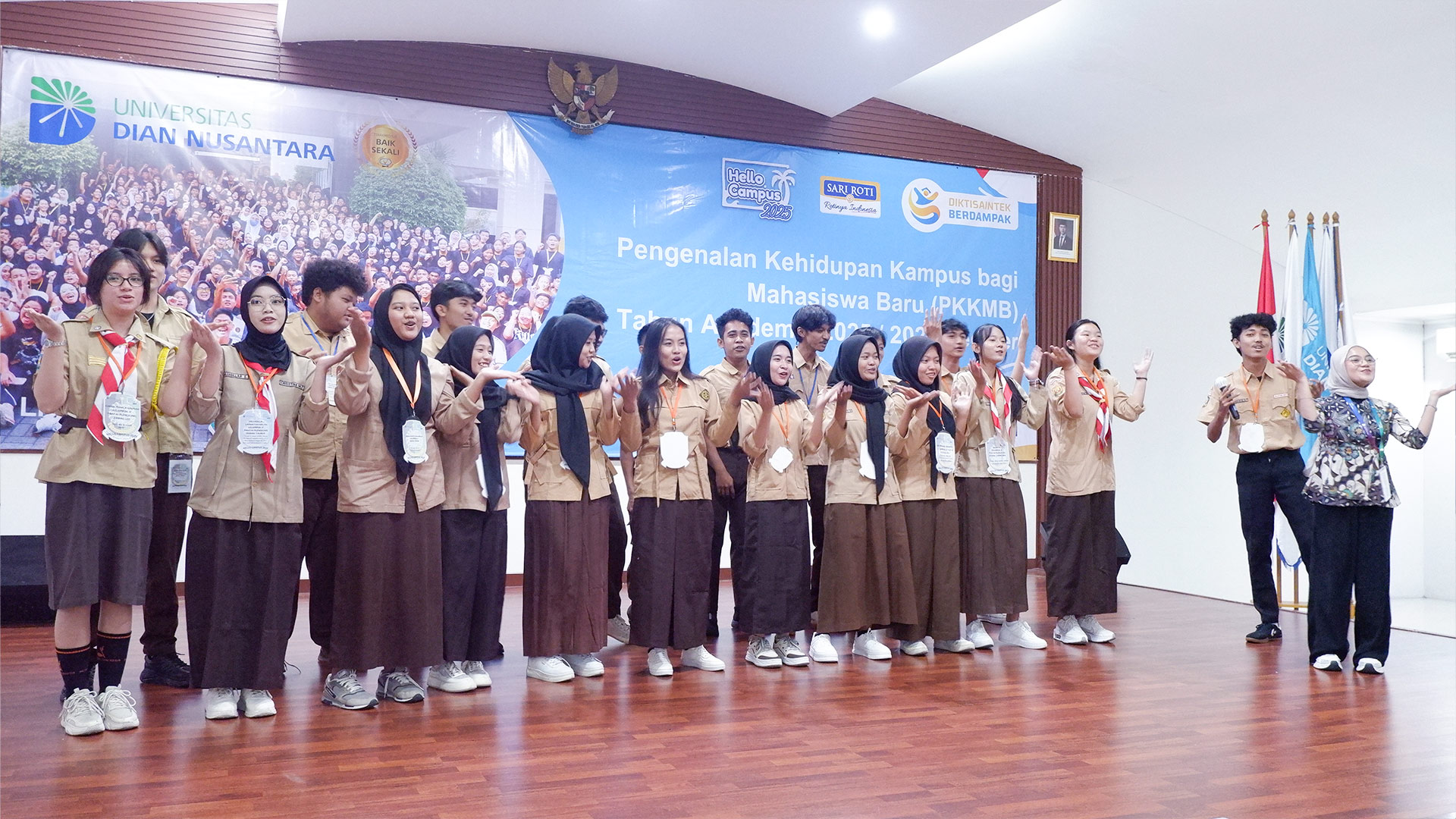Exercise Awareness: Forgetting Generation Z's Sedentary Lifestyle

In our fast-paced and stressful modern lives, exercise is often a neglected priority. In reality, exercise awareness plays an important role in maintaining physical and mental health. The awareness of exercise will certainly be a growing factor as the demands of the times become more demanding, especially for Generation Z.
Generation Z, born between the mid-1990s and early 2010s, grew up in a digital age that influenced many aspects of their lives, including lifestyle and health habits. Increasing exercise awareness among this generation is both a challenge and a great opportunity to shape a healthier future. This article will discuss the importance of exercise for Generation Z and strategies to increase their awareness of the benefits of physical activity.
Whether or not Generation Z is aware of the benefits of exercise for them, overcoming a sedentary lifestyle. Many members of Generation Z spend significant time in front of screens as a form of study, work or entertainment. Exercise helps compensate for this time-consuming lifestyle with minimal movement.
Generation Z's mental health often faces mental stress due to social media and academic demands. Exercise can be an effective tool to reduce stress, anxiety and depression. Building healthy habits early by getting used to exercise from a young age helps to instill habits that are beneficial for a lifetime.
Social Connection Physical activity in a group or community can strengthen social relationships and improve interpersonal skills. Improved Academic Performance and Creativity. Exercise has been shown to improve cognitive function and creativity, which has a positive impact on academic performance and problem-solving ability. Of course, with so many benefits, it is not easy for Generation Z to realize the importance of exercise, and there are several challenges they may face which include but not limited to:
-
Digital Distraction: Technological advancements and gadget addiction reduce time spent on physical activity.
-
Lack of Facilities and Open Spaces: Limited access to sports facilities and open spaces in urban areas can be a barrier.
-
Negative Perceptions of Exercise: Some may feel insecure or uninterested in sports due to past negative experiences.
-
Social and Academic Pressures: Prioritization of academic performance and social pressures can hinder time and motivation to exercise.
For this reason, strategies are needed to increase exercise awareness among Generation Z with a variety of strategies:
1. Integrating Technology with Physical Activity: Using fitness apps, activity trackers or movement-based games to make exercise more engaging and interactive. With various digital media that propagate health with many users doing walking or aerobic exercises, exercise can become more interactive and fun to do. Examples of this are Pokemon Go and Wii Sports games that utilize motion sensor controls that detect user movement.
2. Promotion Through Social Media: Using social media platforms to campaign the benefits of exercise and encourage participation in online fitness challenges. Through inspiring accounts such as fitness influencers, professional athletes, and personal trainers, users can find role models that motivate them to start or improve their exercise routines. Photos and videos of transformations, workouts and fitness achievements can encourage others to follow along.
3. Sports Programs in Schools and Campuses: Integrate fitness programs in the education curriculum and provide adequate sports facilities. This method is also considered to foster a sense of sportsmanship among students and will also be a means of popularizing the campus to local residents and social media.
4. Community Approach: Establish a local sports community or hobby group to provide social support and motivation. This method, in addition to fostering a sense of solidarity between community members, will serve as a platform to spread awareness of the importance of sports.
5. Provide Safe and Inclusive Spaces: Ensure sports facilities are friendly and inclusive to all, including those who may feel less confident. With supporting facilities such as bike rentals or mini gymnastics around the beach, it will slowly foster a sense of inclusivity in doing things and of course the intention to maintain fitness will be maintained.
Counseling and Education: Organize seminars, workshops or classes on the benefits of exercise and how to do it properly. Interactive education can foster knowledge especially at an early age where children and teenagers tend to have more time in their lives.
Generation Z faces unique challenges in maintaining their health in this digital age. However, with the right approach, exercise awareness can be increased, helping them lead healthier and happier lives. Exercise is not just about physical fitness, it is also about mental health, social connections, and the formation of positive habits that will be beneficial throughout life. With appropriate strategies and the right support, Generation Z can become a healthy and aware generation. It is hoped that Generation Z who are studying at UNDIRA can realize the importance of exercise and reduce activities called Sedentary Lifestyle.
(Kornelia Johana / Humas UNDIRA)
Press Contact :
Biro Humas & Sekretariat Universitas Dian Nusantara
Facebook : www.facebook.com/undiraofficial
Instagram : www.instagram.com/undiraofficial
Twitter : www.twitter.com/undiraofficial
www.undira.ac.id

Campus Tanjung Duren
Jln. Tanjung Duren Barat II No. 1
Grogol, Jakarta Barat. 11470
Campus Green Ville
JIn. Mangga XIV No. 3
Campus Cibubur
Jln. Rawa Dolar 65
Jatiranggon Kec. Jatisampurna, Bekasi. 17432










